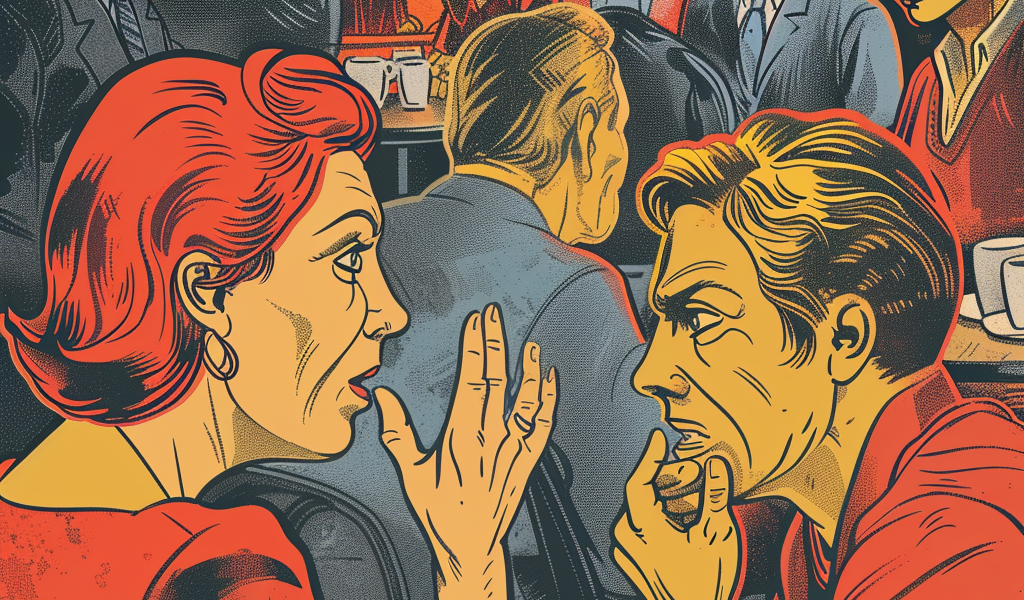Hearing loss is a common issue that can sneak up on individuals, often going unnoticed until it becomes a significant problem. Many people may attribute their difficulty in hearing to external factors such as noisy environments or faulty electronics, when in fact, the issue lies within their own hearing capabilities.
According to Jennifer Gonzalez, an audiologist at the Mayo Clinic in Phoenix, a classic symptom of age-related hearing loss, also known as presbycusis, is the sensation that people around you are mumbling. Often, individuals with hearing loss are unaware of their condition and may insist that others need to speak more clearly.
Research indicates that individuals tend to wait an average of 10 years before seeking help for their hearing loss. However, the quality of one’s hearing can significantly impact overall health as they age. Frank Lin, director of the Cochlear Center for Hearing and Public Health at Johns Hopkins University, highlights the link between hearing loss and conditions such as dementia, depression, and falls. It is crucial to be aware of the signs of potential hearing loss to address the issue promptly.
Some early indicators of hearing loss include struggling to follow conversations in noisy environments and experiencing difficulty in comprehending speech amidst background noise. Additionally, individuals may find it challenging to hear higher-pitched sounds, as the ability to perceive higher frequencies diminishes with age.
Kelly Dwyer, chief of audiology for Emory Healthcare in Atlanta, emphasizes the importance of being proactive about addressing hearing loss. Taking steps to protect one’s hearing can have a positive impact on overall health and well-being.





